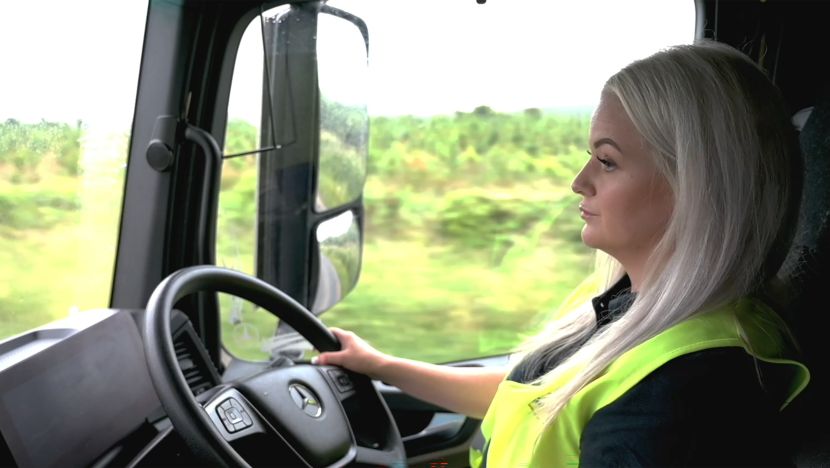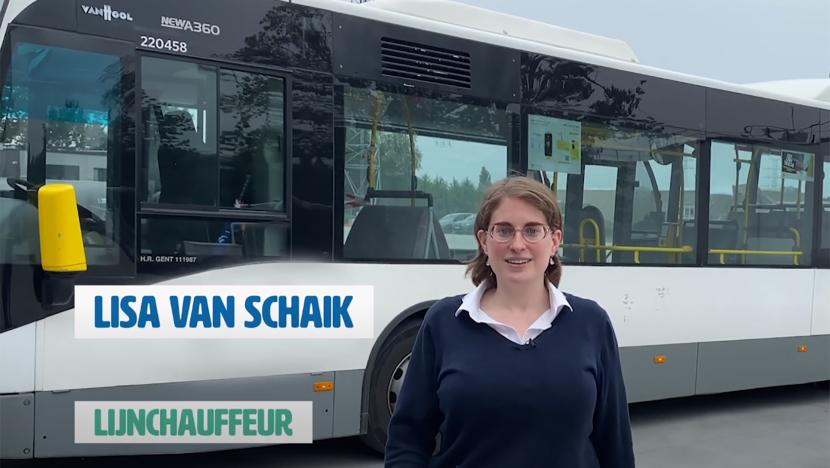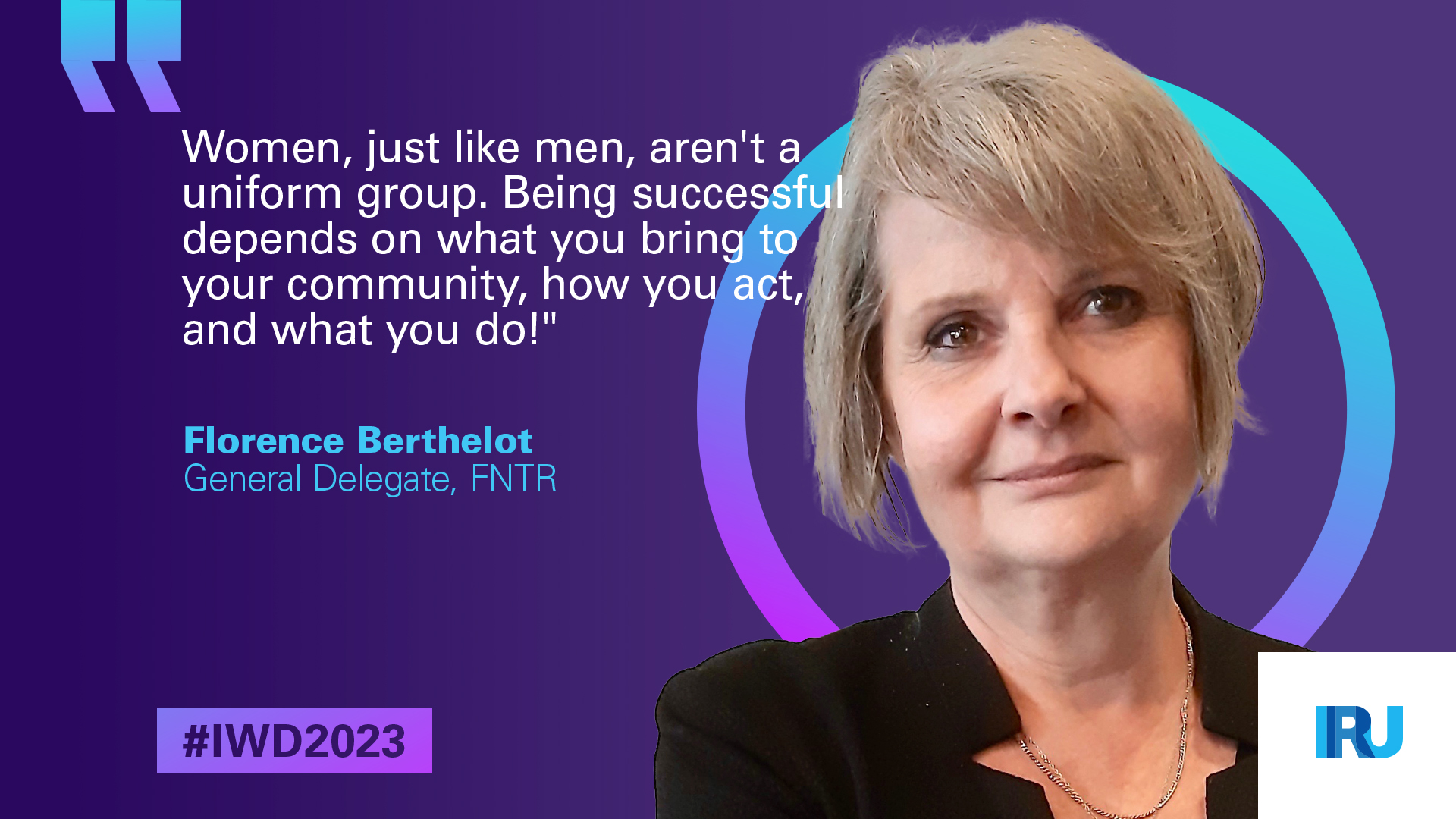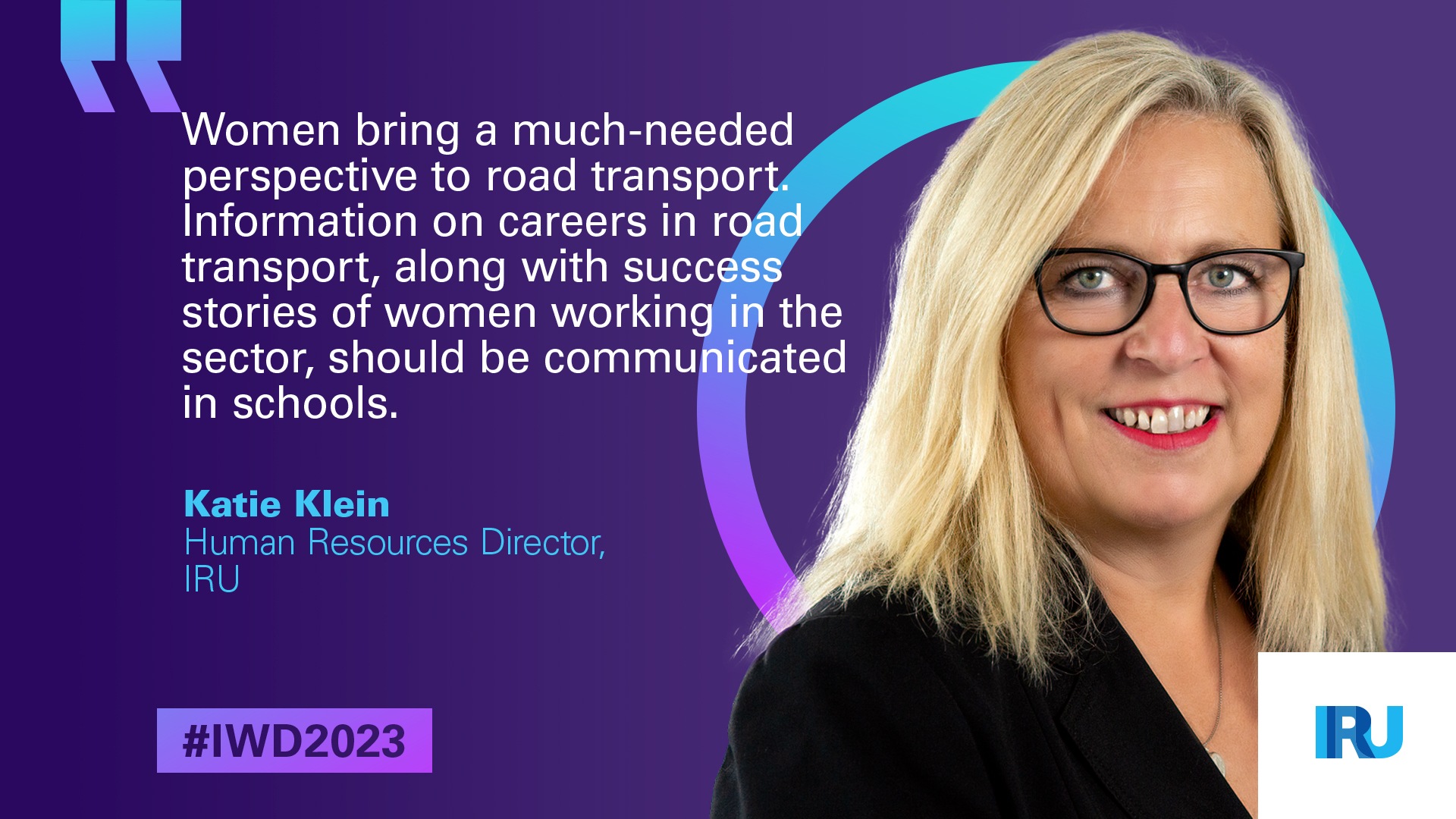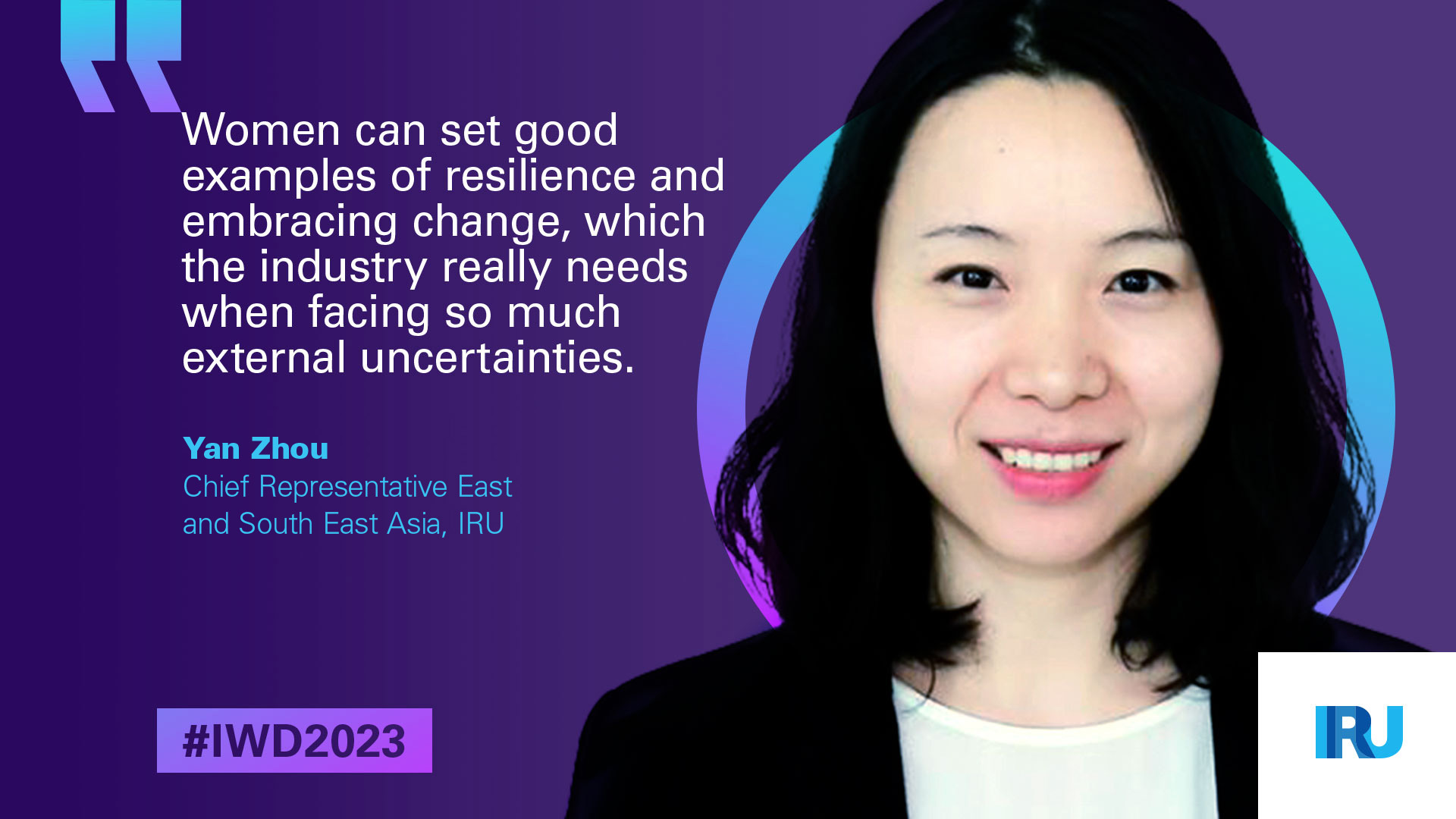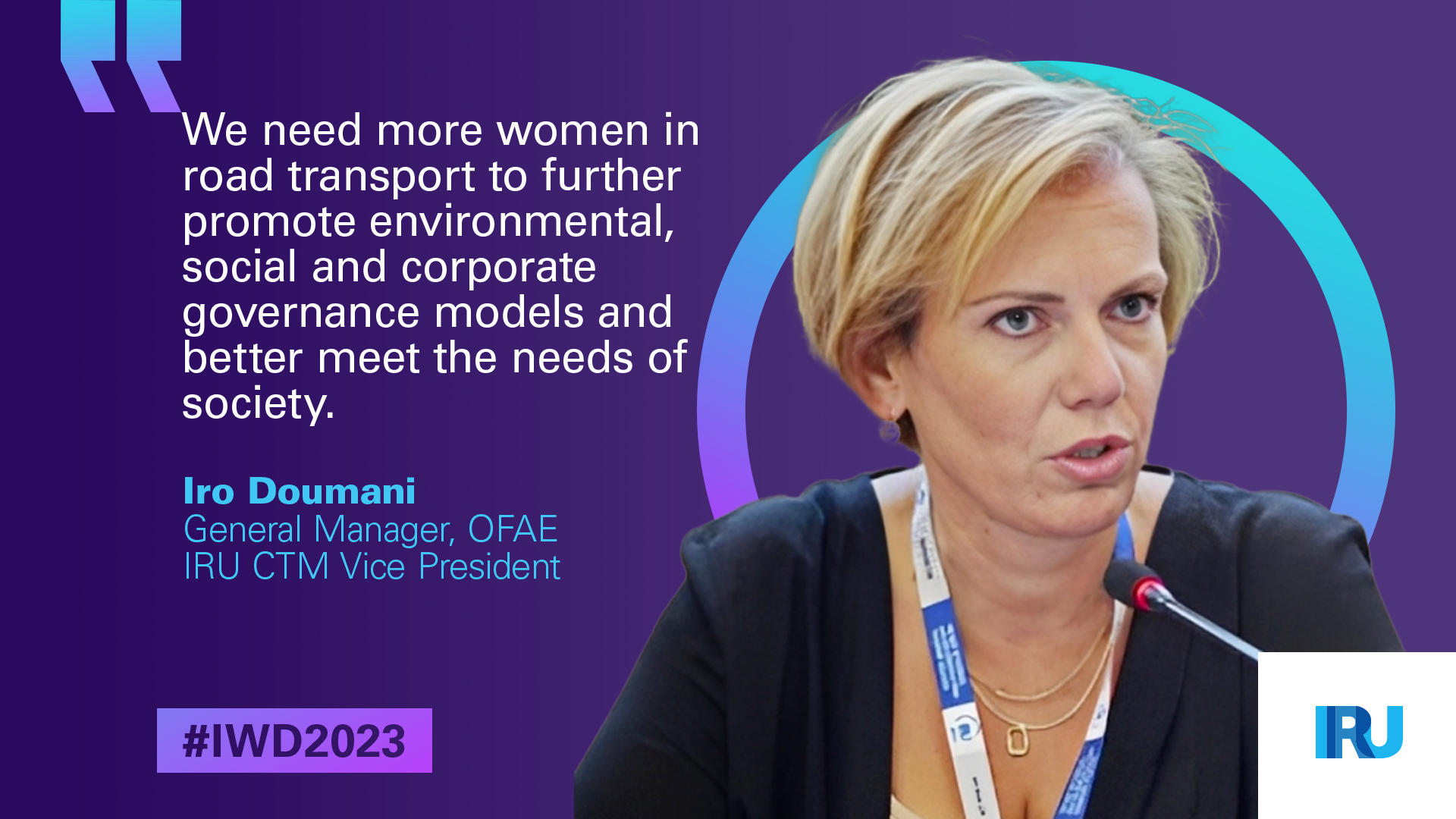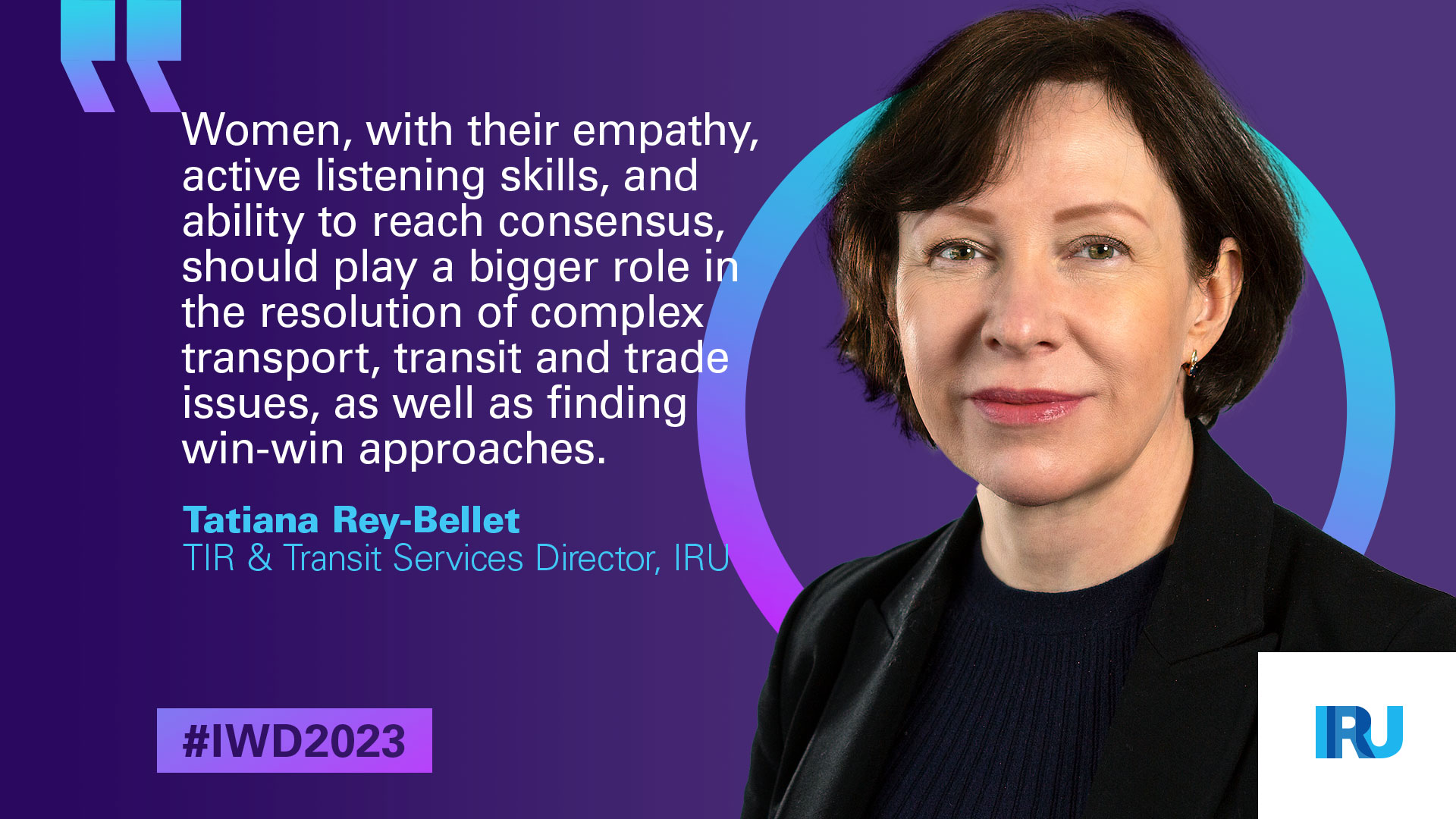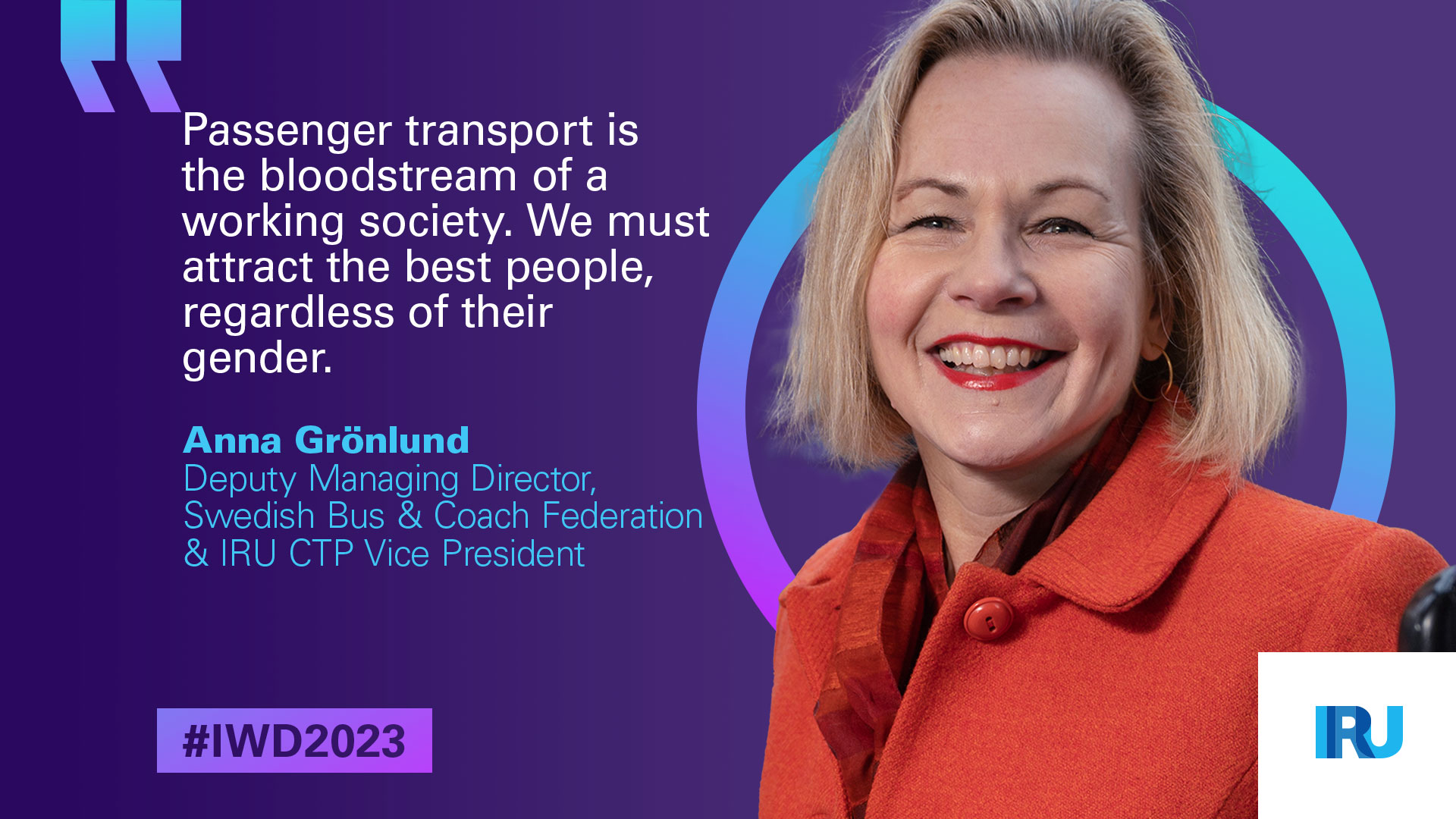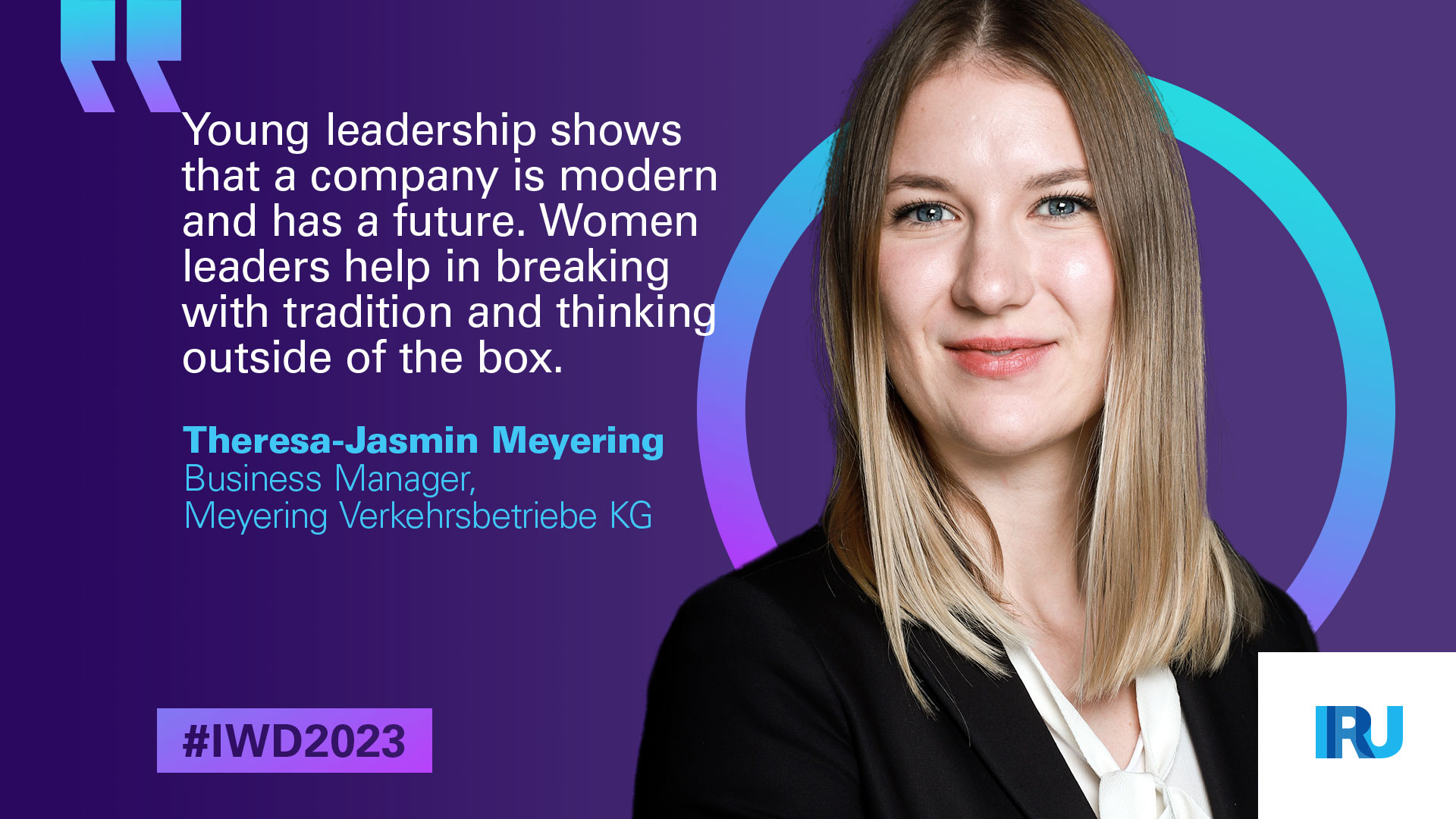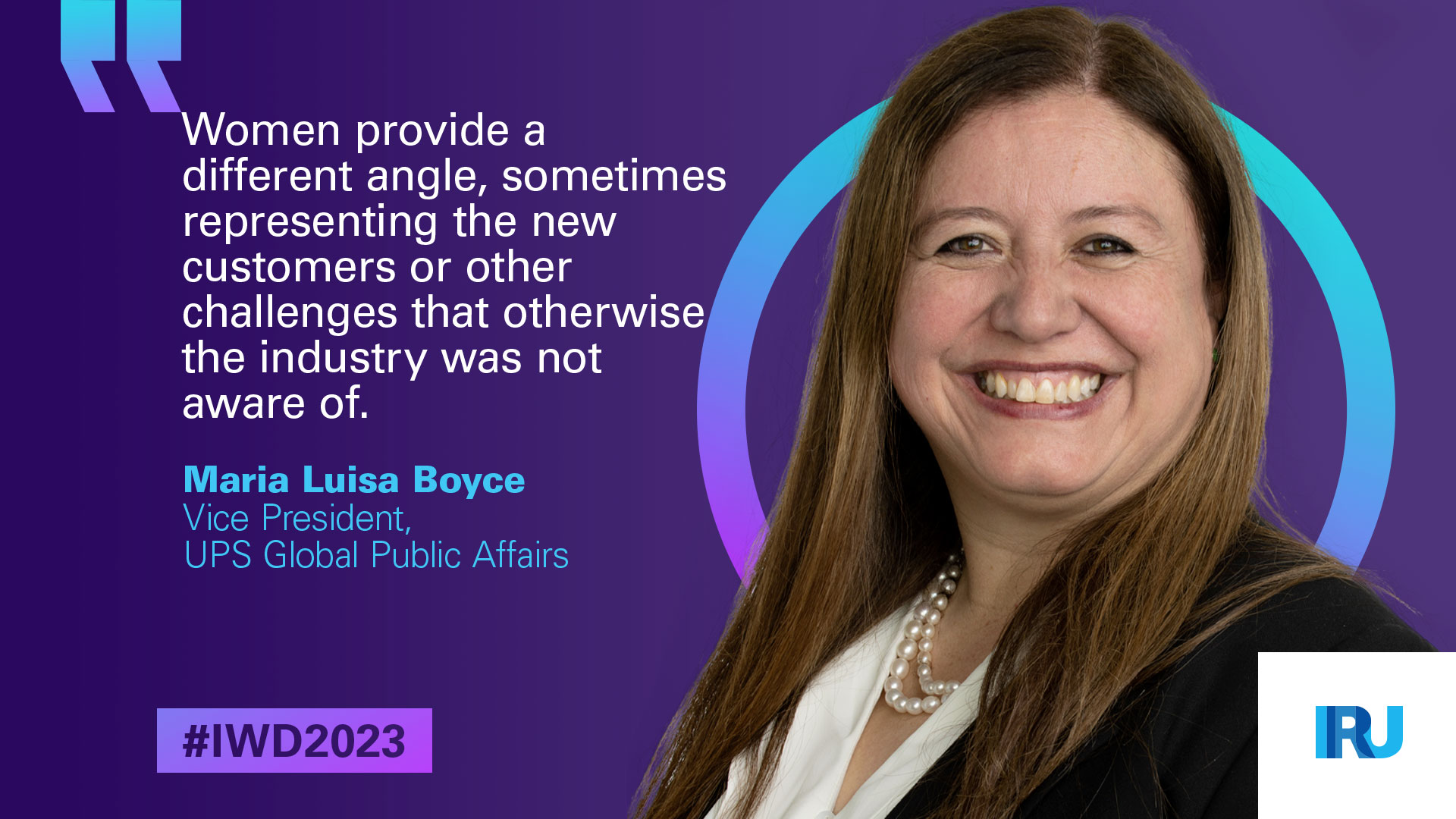Commercial road transport has traditionally been a male-dominated industry. Nevertheless, the percentage of women working in the sector is slowly but steadily changing. We look at some of them on this special day.
The share of women truck drivers is less than 3% in most regions.
It’s a bit better in the passenger sector. For example, 22% of bus and coach drivers are women in Denmark. But the European average is below 12%.
Overall, women make up 10% of the road transport sector's workforce globally. It’s a bit higher in Eurasia (22%), Europe (22%) and the United States (28%).
But there are women out there breaking stereotypes and shaping a new industry.
On the occasion of International Women's Day, we spotlight just a few of the women in road transport supporting trade, economic growth, jobs, safety, the environment, communities, and social inclusion.
Women truck drivers
Kelly Diane Freeman is a 30-year-old former beauty therapist who has recently become a truck driver.
Growing up, she spent a lot of time around trucks, as her father had a haulage company. But, as she put it, “back then, it was not common for women to drive trucks.”
After several years of travelling abroad as a beauty therapist, she wanted a career change.
“While I was in New Zealand, I worked in a warehouse where I was loading/unloading trucks. That’s when I got interested in the profession,” Kelly Diane Freeman told us.

